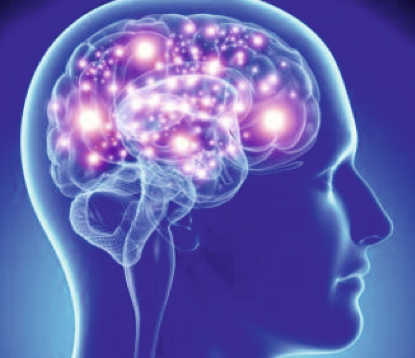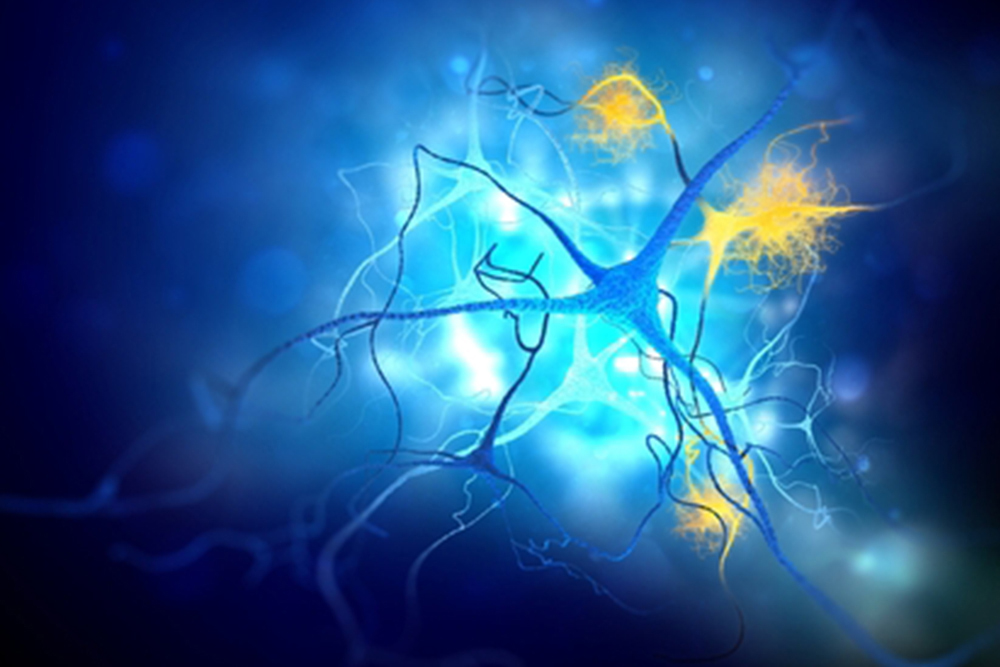Researchers experimentally demonstrated that the risk gene adenylyl cyclase 2, associated with bipolar disorder, can cause behavioral changes similar to manic symptoms in mice. This provides the first causal evidence linking the gene to bipolar disorder. In experiments, mice with a mutation in this gene exhibited mania-like behaviors such as increased activity and impaired cognitive function, which are common in patients with bipolar disorder. The mutation also reduced the production of the signaling molecule cAMP, critical for cellular communication. Administering amphetamines to the mice led to hyperactivity and increased dopamine release, mirroring effects observed in humans with bipolar disorder. Lithium, a common treatment for the disorder, effectively reduced mania-like symptoms in the mice.
The study suggests that genes like adenylyl cyclase 2 play a significant role in the development of bipolar disorder, although environmental factors like stress also contribute. Mice carrying the gene variant showed shifts from manic to depressive phases under stress, similar to human patients. These findings highlight the potential for targeting the cAMP signaling pathway in future, more individualized therapies for bipolar disorder.
Reference: Deussing J. A risk gene for bipolar disorder. The Max Planck Society. Published September 2, 2024. Accessed September 11, 2024. https://www.mpg.de/23152858/0902-pskl-risk-gene-for-bipolar-disorder-153150-x
Link: https://www.mpg.de/23152858/0902-pskl-risk-gene-for-bipolar-disorder-153150-x









